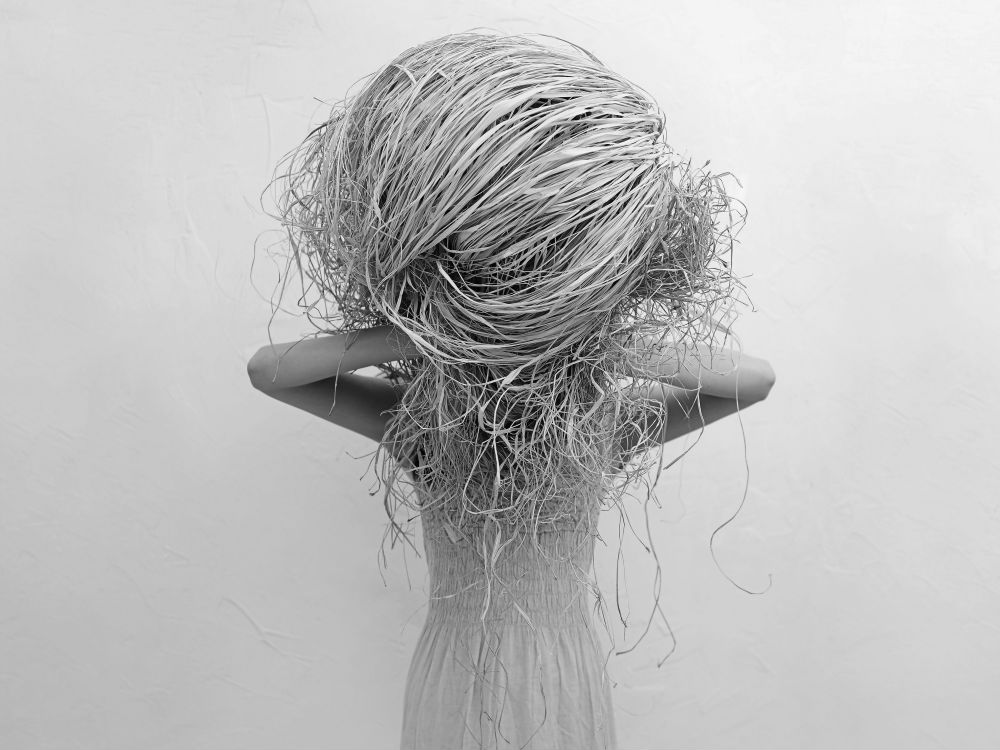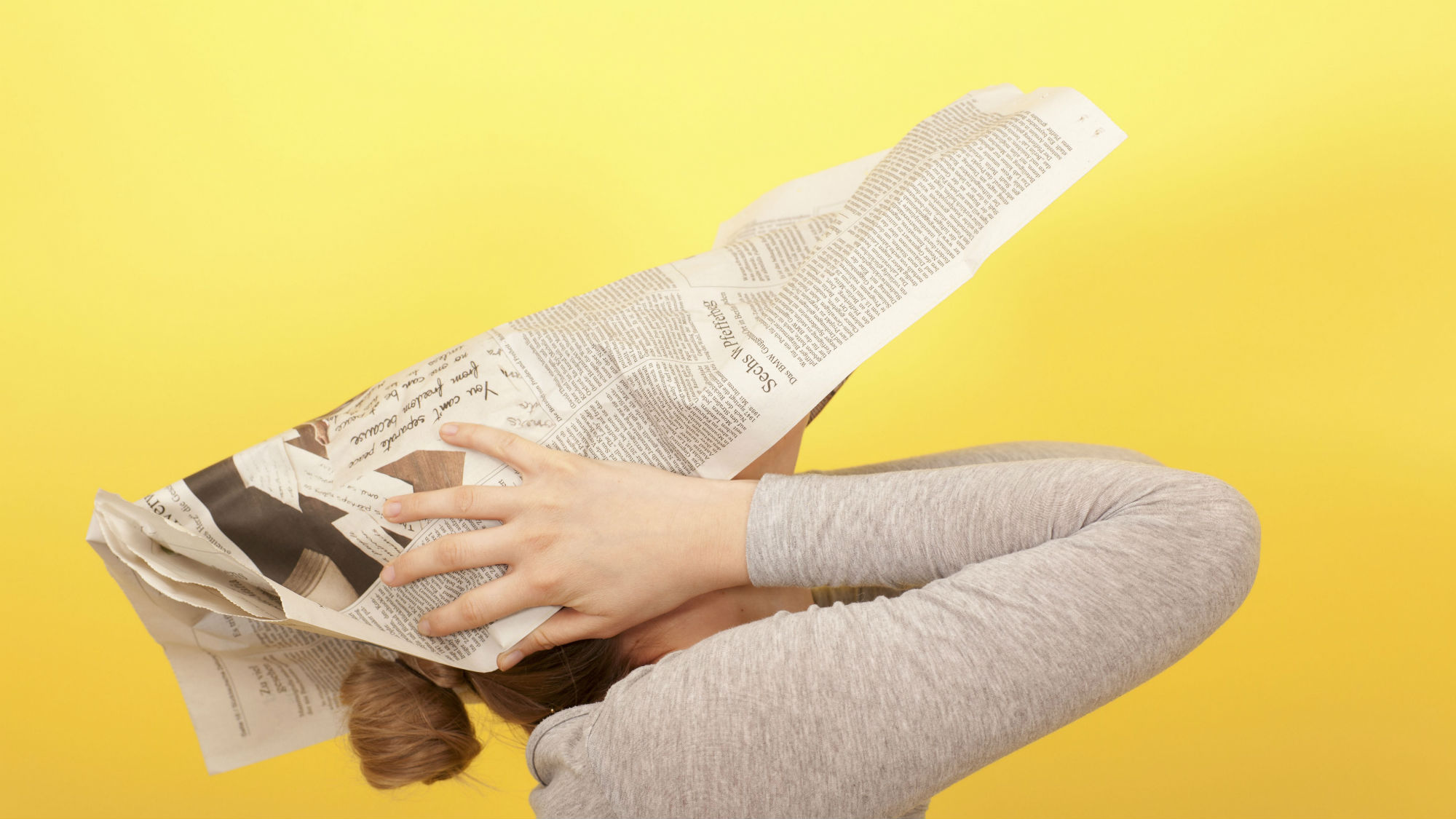What are 'introvert hangovers' and do you suffer from them?
The symptoms and causes


There's a new term for people who become over-stimulated by social situations. But what are these so-called 'introvert hangovers' and are you a sufferer?
Does the following sound familiar to you?
You've been at a party for three hours. Your boyfriend promised you'd only stay for one but he's got stuck in and you haven't left. You've now been introduced and talked to a huge number of people. What should be a fun social situation has actually left you feeling completely overloaded and all you want to do right now is go and sit in a quiet room alone and not talk to anyone.
There's now a name for this feeling: an 'introvert hangover.' And according to writer Shawna Courter, who wrote this post for Introvert Dear, 'introvert hangovers' can be just as bad as the alcohol version.
'Introverts have a more limited ration of energy available for socialising' she writes, 'compared to our more extroverted counterparts. When we push past those reserves, we hit a tipping point where we go from being "fine" to "definitely not okay." An "introvert" hangover is, simply put, a withdrawal into oneself brought on by overstimulation.'
Many people are born extroverts who thrive off a noisy room full of people. But there are in fact real scientific differences between these social butterflies and their shy counterparts.
More from Marie Claire: How to be lonely (and own it)
Celebrity news, beauty, fashion advice, and fascinating features, delivered straight to your inbox!

According to Dr Scott Barry whose studies with Susan Cain on introverts are explored in Quiet Revolution, it's all about the way we respond to the neurotransmitter dopamine in the brain. Introverts and extroverts have the same level of dopamine, but extroverts find the dopamine system in their brain gets activated by outside 'rewards' that come from (along with food, money and sex) chatting, telling jokes or giving and receiving compliments.
Introverts find their dopamine systems do not get stimulated by these external social 'rewards'. Instead introverts are more likely to use a neurotransmitter called acetylocholine, which makes them feel good when they turn themselves inwards. Introverts are not less happy than extroverts, they just find their happiness in a different way.
So the next time you're at a party and see someone sitting off on their own, they might just be an introvert feeling a little 'hungover' from the party and in need of a breather.
